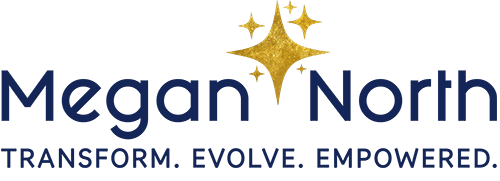Building Resilience: Developing Strength to Cope with Workplace Challenges
Resilience has become an essential skill in today’s workforce. Resilience, the ability to bounce back from challenges and setbacks, helps individuals maintain their wellbeing and productivity despite difficulties. Building resilience not only enhances your ability to cope with stress but also empowers you to thrive in the face of adversity. Here, we explore how to develop resilience to navigate workplace challenges and setbacks effectively.
Understanding Resilience
Resilience is not about avoiding stress or adversity but about learning to manage and adapt to it. It involves maintaining a positive outlook, staying flexible, and using challenges as opportunities for growth and development. Developing resilience is a proactive process that involves building mental, emotional, and physical strength.
Strategies for Building Resilience
1. Cultivate a Positive Mindset: A positive mindset is a cornerstone of resilience. Focus on what you can control rather than what you can’t. Practice gratitude by acknowledging the good things in your life and celebrating small victories. By shifting your perspective, you can view challenges as opportunities rather than threats.
2. Develop Strong Relationships: Supportive relationships are crucial for building resilience. Foster connections with colleagues, friends, and family members who can provide emotional support and practical assistance. Having a network of supportive relationships can help you navigate tough times more effectively.
3. Enhance Your Problem-Solving Skills: Developing strong problem-solving skills allows you to approach challenges methodically. Break down problems into manageable parts and brainstorm potential solutions. By developing a strategic approach to problem-solving, you can reduce feelings of overwhelm and increase your confidence in handling difficult situations.
4. Prioritise Self-Care: Taking care of your physical and mental health is essential for resilience. Ensure you get adequate sleep, eat a balanced diet, and engage in regular physical activity. Incorporate relaxation techniques such as mindfulness, meditation, or deep breathing exercises into your daily routine to manage stress effectively.
5. Set Realistic Goals: Setting realistic and achievable goals helps you stay focused and motivated. Break larger goals into smaller, manageable tasks and celebrate your progress along the way. Clear goals provide direction and a sense of purpose, which can be particularly helpful during challenging times.
6. Embrace Flexibility and Adaptability: The ability to adapt to changing circumstances is a key aspect of resilience. Embrace flexibility by being open to new ideas and approaches. Accept that change is a part of life and that adapting to it can lead to new opportunities and growth.
7. Learn from Setbacks: View setbacks as learning experiences rather than failures. Reflect on what went wrong and identify what you can do differently next time. By learning from your experiences, you can develop strategies to prevent similar issues in the future and build greater resilience.
8. Strengthen Emotional Regulation: Developing the ability to regulate your emotions is crucial for resilience. Practice techniques to manage your emotions, such as journaling, talking to a trusted friend, or seeking professional support if needed. By maintaining emotional balance, you can respond to challenges more effectively.
9. Stay Connected to Your Values: Aligning your actions with your core values can provide a sense of purpose and direction. Reflect on what is truly important to you and ensure that your decisions and actions are consistent with these values. This alignment can provide strength and motivation during difficult times.
10. Seek Professional Development: Invest in your professional growth by seeking opportunities for learning and development. Attend workshops, take courses, and seek mentorship to build new skills and enhance your resilience. Continuous learning helps you stay adaptable and prepared for future challenges.
Building resilience is a continuous process that involves developing a range of skills and strategies to cope with workplace challenges and setbacks. By cultivating a positive mindset, developing strong relationships, prioritising self-care, and embracing flexibility, you can enhance your ability to navigate adversity and thrive in your professional life. Remember, resilience is not about avoiding difficulties but about growing stronger through them. Start implementing these strategies today to build a more resilient and fulfilling life.







